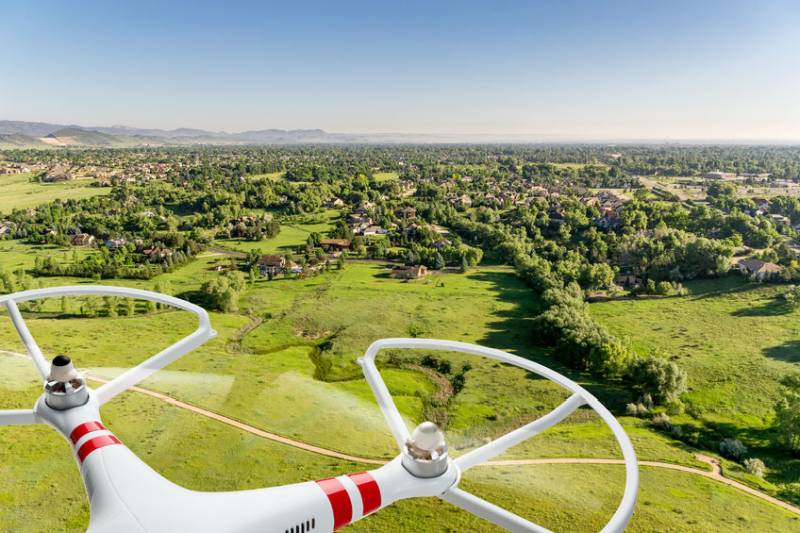
A new initiative will work close with the farming industry and government to explore ways to develop 'smart farms'.
Farmers and agri-businesses are facing more challenges, including political climate changes, fluctuating trading patterns and the need to increase efficiency and productivity.
The Smart Agri-Systems initiative spearheaded by the University of Leeds seeks to give rural businesses a competitive advantage and to increase value.
The aim of the initiative is to work with farms and businesses to develop solutions, from advanced monitoring technology to big data analytics.
Development work will draw on the services of the University’s 317 hectare commercial farm, where a separate investment is being planned to turn it into a smart farm to underpin the research and act as a test-bed for commercial applications.
The farm is primarily arable and is also home to the Centre for Innovation Excellence in Livestock’s (CIEL) pig research unit.
Smart farming
Examples of smart farming to be looked at include the incorporation of sensors on the farm – either fixed, or on drones and robotic crawlers. These can monitor soil temperature and humidity, map crop growth and density, assess ground water composition, and track the weather, with data analysed to project crop performance.
Genomics data can used in the livestock sector, and be combined with real-time sensor outputs on environmental conditions, growth rates, feed consumption, and animal behaviour.
Beyond the farm, combining data and expertise on supply chains and logistics, consumer behaviour, health outcomes and environmental monitoring can provide sustainable whole system solutions.
The initiative follows the release of the government’s Industrial Strategy, which commits ministers to placing the UK ‘at the forefront of the global move to high-efficiency agriculture’.
The government has provided £90million funding for academics and industry to work together to develop new technology and innovation in the agricultural sector.
